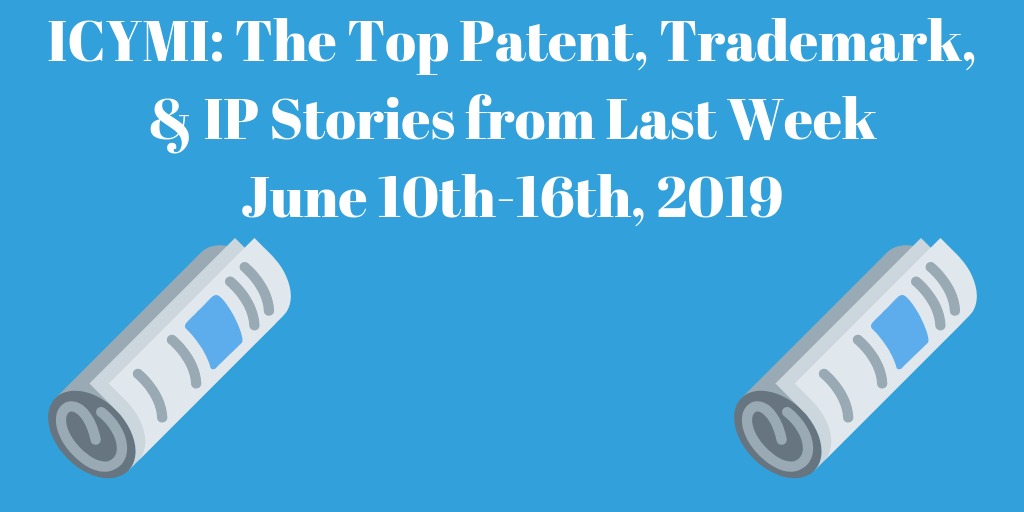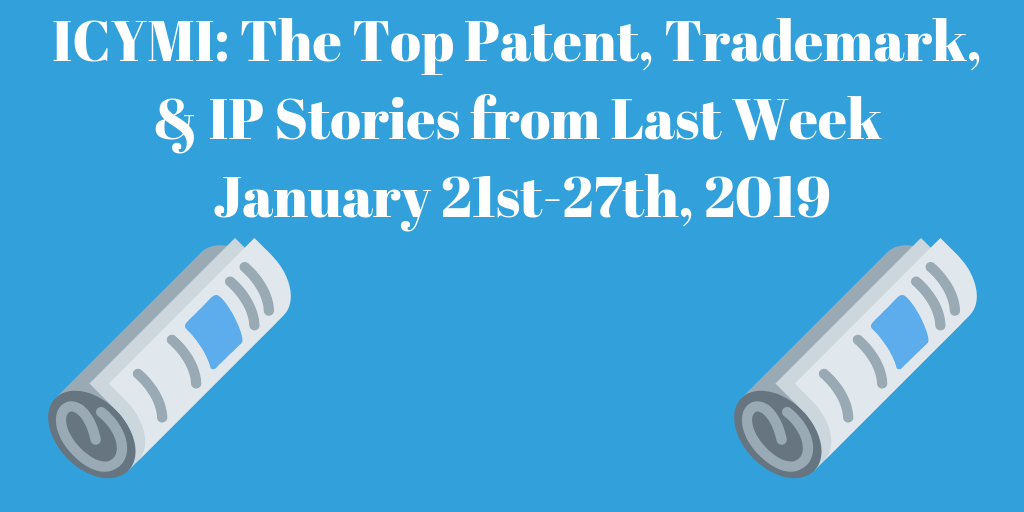Patent Reform Act of 2011…Finally Passed Into Law?
Is patent reform really going to happen in June 2011? All indications are that the ongoing patent reform legislation–that has been bantered about for nearly 10 years and presented to lawmakers in five Congressional cycles–is going to be passed this month by the House of Representatives.
The US Senate passed its version of patent reform, S.23 the “America Invents Act,” in March by a wide margin of 95-5 and the House is expected to bring its version, H.R.1249 to the House floor and follow suit with a similar vote before the end of the month.
Tom Barkley, of the Dow Jones Newswires reported in an article published in the Wall Street Journal that
“Commerce Secretary Gary Locke said Wednesday he believes Congress is close to approving an overhaul of the patent system, dismissing a challenge by 50 lawmakers to the bill’s constitutionality.”
As I discussed in a few other blog posts this legislation will make many sweeping changes throughout the current patent law, however here are a couple noteworthy changes:
- a first-inventor-to-file standard for patent approval,
- a post-grant review system to weed out bad patents, and
- Addresses the Patent and Trademark Office (USPTO) problem with dealing with a huge backlog of patent applications. Over 700,000 pending patent applications as of today, June 4, 2011.
I believe the most important new change in the current law will be that first person to file a new patent application will take priority over inventors who may have invented the product first. So more than ever, there will be a race to the patent office. It would be advisable for inventors to consider filing patent applications as soon as possible.
Corporations and independent inventors alike should be able to Identify new inventions, draft invention disclosures and prepare and file patent applications soon after conception to avoid losing the race to the patent office.





June 13, 2011 @ 6:23 pm
I know I’m not alone in being completely in favor of abolishing the practice of fee diversion, but completely against certain other provisions of the House’s patent reform bill. While I’m on the fence regarding first-to-file, I think that the provisions limiting the traditional grace period (which inventors need in order to gauge market value) are certainly problematic. What’s more, the post-grant review and prior user rights provisions are a nightmare waiting to happen. In other countries where such processes are permitted, there lurks always the strong potential for larger and better-funded entities to harass (and even financially destroy) inventors. If these provisions are not changed, then we can only hope that patent reform will not happen this year.